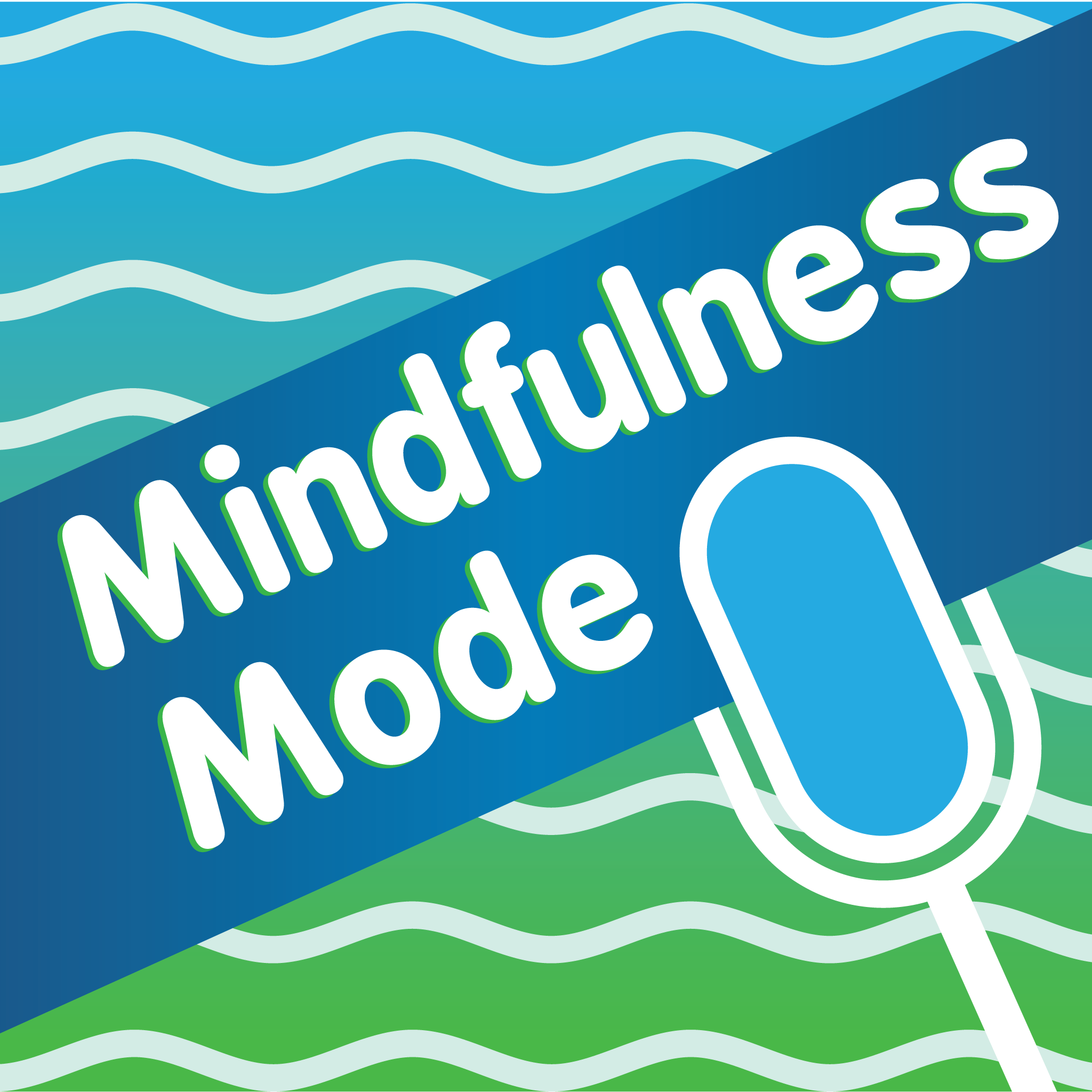
Mindfulness Mode
Increase your calm, focus and happiness through mindfulness & meditation. Learn from business experts and entrepreneurs like Jack Canfield, Dan Miller, Marie Diamond, and Dr. John Dimartini so you can be more relaxed, earn more money and be happy & contented. Interviews, tips and strategies to live ...
Play Latest EpisodeRecent Episodes
Ex-Derelict Rebuilds After Collapse; Josh Tomeoni
Josh Tomeoni is a financial planner, men’s coach, and founder of Narrative Financial Group. Considering himself an Ex-Derelict, Josh works with high-earning professionals and businessmen aged 40–60 who are rebuilding after di...
The Power of Conscious Awareness; Bob Rosen
Bob Rosen is a CEO adviser, organizational psychologist, and bestselling author dedicated to advancing the practice of leadership worldwide. As the founder of Healthy Companies International, Bob has devoted his career to hel...
A New Year Reset; Bruce Langford
As we step into a new year, there’s often a lot of noise about changing, improving, becoming better versions of ourselves. And while growth can be meaningful, it can also feel tiring. Today’s episode is an invitation to try s...
Boho Beautiful Life; Juliana and Mark Spicoluk
Boho Beautiful is a travel, yoga, and lifestyle brand created by Juliana and Mark Spicoluk, focused on positive content for the body, mind, and planet. Their yoga, travel, fitness, vegan food, mindful living, and meditation v...
Be Healed With Mindfulness; Dr. William Pawluk
Dr. William Pawluk, MD, MSc, is a leading North American authority on Pulsed Electromagnetic Field Therapy (PEMF). A holistic physician trained in acupuncture, homeopathy, hypnosis, and bodywork, he has held academic position...
Transformation For All; Wendy Yellen
Wendy Yellen is named one of the International Top Three Transformational Experts in her field. Drawing from emotional release bodywork and a wide range of healing traditions, Wendy has learned directly from masters across th...
Mindfulness and Technology; Robert Plotkin
Robert Plotkin is an engineer, mindfulness practitioner, and the founder of Technology for Mindfulness. His professional journey in computer science and engineering spans more than three decades, beginning with his early expe...
Slow Down To Reach Wellness; Lea Bayles
Lea Bayles discovered her true calling in holistic wellness and personal transformation after overcoming a serious collapse of her immune system. Her professional path has since spanned diverse roles from mind-body therapist ...
Boost Your Self-Care; Todd Nelson
Todd Nelson has been a Naturopathic Doctor for over 35 years, helping people take charge of their health through practical, high-level self-care. He’s co-written three health books and contributed to eight more. Known for his...
Peace and Happiness; Jacqueline Pirtle
Jacqueline Pirtle is a recognized authority on the study and practice of happiness. As the author of 365 Days of Happiness , she has guided hundreds of individuals in cultivating what she terms a “high-for-life” frequency—an ...
Transform From Within; Jim Fortin
Jim Fortin is recognized as a leading authority in the field of subconscious transformation. With more than twenty years of experience in brain-based transformation and high performance, he has built a reputation for helping ...
Commanding Your Emotions; JB Glossinger
JB Glossinger is the founder and host of The Morning Coach, a top-rated podcast with millions of downloads. A speaker, coach, and author with advanced degrees in business and metaphysics, JB blends academic insight with hard-...










